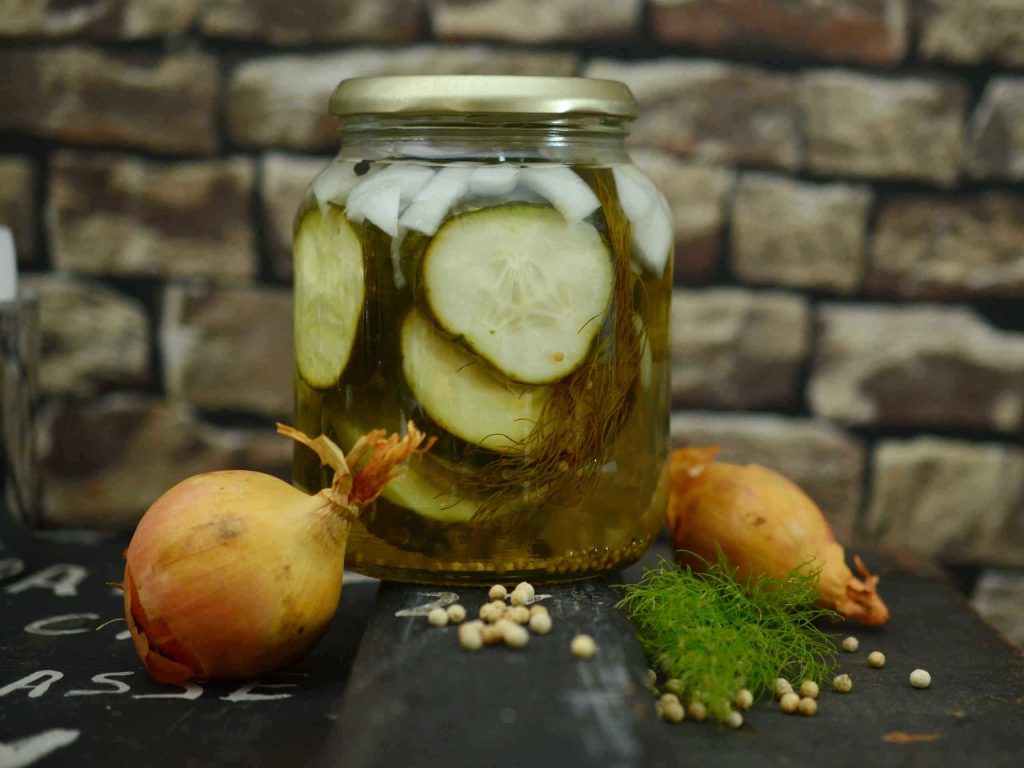In times when restaurateurs and hoteliers are increasingly growing their own vegetables, old-school preservation is just the thing. Fermentation has several advantages: The food is preserved in a natural way, it does not require electricity for storage and the flavors released during fermentation are exceptional. What’s more, the process is very simple and can be used in any type of business, from a la carte restaurants to system caterers – the use of fermented products is unlimited in terms of quality and quantity. It is important to be careful with salt, which is the basis of every fermentation – in granular form or as brine. Too little promotes spoilage, too much makes the product difficult to use.
The most famous of all fermented foods in this country is sauerkraut. But chocolate, kefir, cocoa, beer, cheese and sourdough bread are also produced by fermentation. Many fermented foods can be found in Asian cuisine in particular. Such as the Korean classic kimchi - spicy pickled white cabbage. Or tempeh, which is made from fermented soybeans and is a popular vegan meat substitute. Miso has also undergone a fermentation process before it ends up on your plate.
In principle, all vegetables are suitable, but it works particularly well with vegetables that are not too soft, such as cabbage, root vegetables, beans, beet, pumpkin or peppers.

When the new France edition of the Michelin Guide is presented on March 16, 2026, the international gourmet scene will turn its attention to Monaco for the first time. The Principality will host the official ceremony – a first in the history of the restaurant guide. The venue will be the Grimaldi Forum Monaco, organized as part of a joint initiative between the Principality of Monaco and Monte-Carlo Société des Bains de Mer, which is acting as the exclusive partner.
It is more than a cookbook. Kanaan – Cooking without borders is a manifesto for understanding, compassion, and what good food has always been able to do: bring people together. Every day at the Kanaan restaurant in Berlin, Israeli Oz Ben David and Palestinian Jalil Dabit demonstrate that cuisine speaks a universal language – and that where there is cooking, understanding begins.
INFO
Kanaan – Cooking Without Borders
Authors: Oz Ben David, Jalil Dabit
Photography: Elissavet Patrikiou
Publisher: Südwest Verlag
Length: 192 pages
ISBN: 978-3-517-10429-4
Price: €28.00 (Germany) / €28.80 (Austria) / CHF 38.50
Las Vegas is known for its long nights, which makes places that do mornings really well all the more important. Between the Strip and downtown, there are a surprising number of spots where breakfast and coffee are not just an afterthought, but are deliberately celebrated. It’s these places that make all the difference: quiet, high-quality, and offering just the right amount of enjoyment before the day gets going.


In times when restaurateurs and hoteliers are increasingly growing their own vegetables, old-school preservation is just the thing. Fermentation has several advantages: The food is preserved in a natural way, it does not require electricity for storage and the flavors released during fermentation are exceptional. What’s more, the process is very simple and can be used in any type of business, from a la carte restaurants to system caterers – the use of fermented products is unlimited in terms of quality and quantity. It is important to be careful with salt, which is the basis of every fermentation – in granular form or as brine. Too little promotes spoilage, too much makes the product difficult to use.